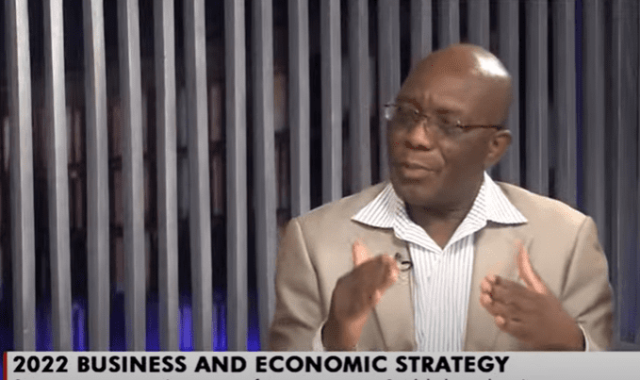Former Chief Executive Officer of the National Pensions Regulatory Authority (NPRA), Dr. Daniel Seddoh, says the argument that government would not be able to meet its financial obligations without a debt exchange does not hold water.
According to him, the argument is flawed on the basis that citizens continue to pay taxes to government and economic activity is constantly being generated, thus government would consequently be able to generate revenue.
“We should be careful raising that argument except you’re saying that we’ve stopped paying taxes, except you’re saying we’ve stopped generating economic activity,” he said on JoyNews’ PM Express Business Edition.
He noted that the other argument that Ghanaians are not paying enough taxes to support the economy is also quite flawed.
“So one of the issues or the argument we’ve heard from those in government is tax to GDP. And they interpret it as we not paying enough taxes, I do not believe in that school of thought. The real issue for people like me is the quality of the GDP we produce. Now the GDP must generate for you what we call the chargeable income. That is the profit before tax.
“But if we’re highly inefficient and we can’t generate profit before tax, we’ll run into the kind of trouble we’re seeing. And most of the entities that are not able to generate profit before tax are the state owned enterprises.
“So if what the government owns cannot be used to generate profits and then you now come back and turn on those who can work to generate profit, you’re creating a problem that will be difficult to solve. What am I saying?
“If you look at us, the way we’ve configured ourselves, the financial services, the telcos, even that and probably the oil and gas that’s where the profitability is coming from. So when you descend on those sectors, you’re setting up yourself for failure and we need to pay attention to these things,” he said.
DISCLAIMER: The Views, Comments, Opinions, Contributions and Statements made by Readers and Contributors on this platform do not necessarily represent the views or policy of Multimedia Group Limited.
















